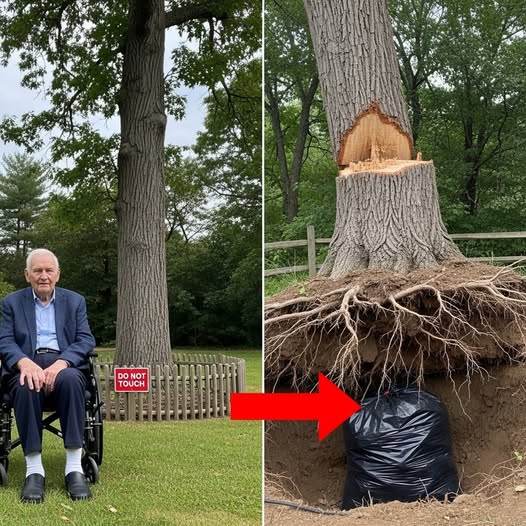It started with a bike ride. A group of children, full of energy, pedaled through La Rochelle. And then everything changed in a second.An 83-year-old driver, headed the wrong way, struck them.
Several were injured. The scene was chaotic. Unthinkable.And now, the question echoes louder than ever: At what point is it no longer safe to drive? Can someone be too old to sit behind the wheel?
Or is age just a number when it comes to road safety? The debate isn’t easy.It never has been. Because behind the statistics are real people—parents, grandparents, neighbors.
People who’ve been driving safely for 50, even 60 years. But aging does change things.According to France’s Road Safety Authority, drivers over 75 are involved in as many accidents as those aged 18 to 24.



